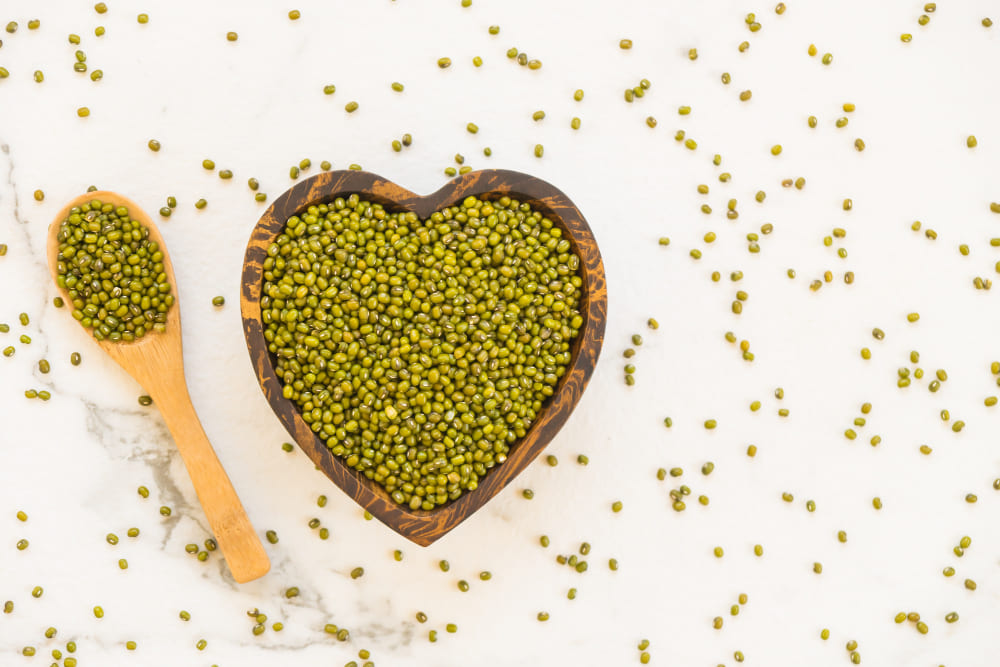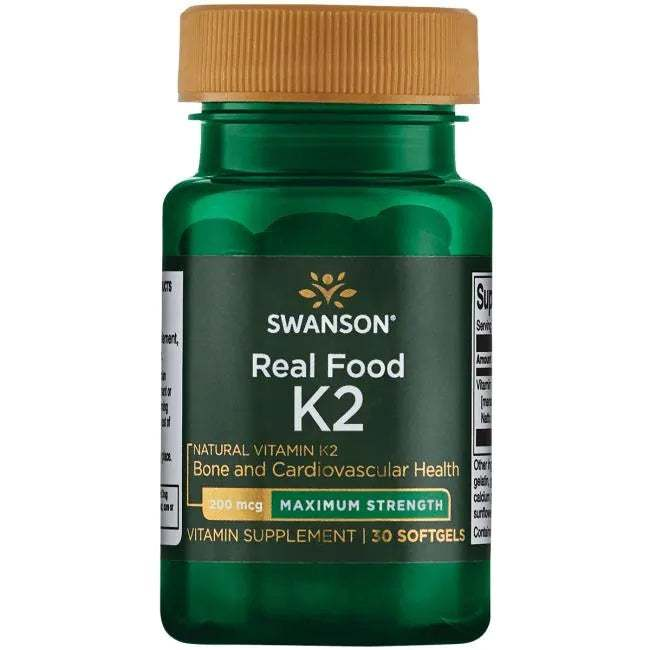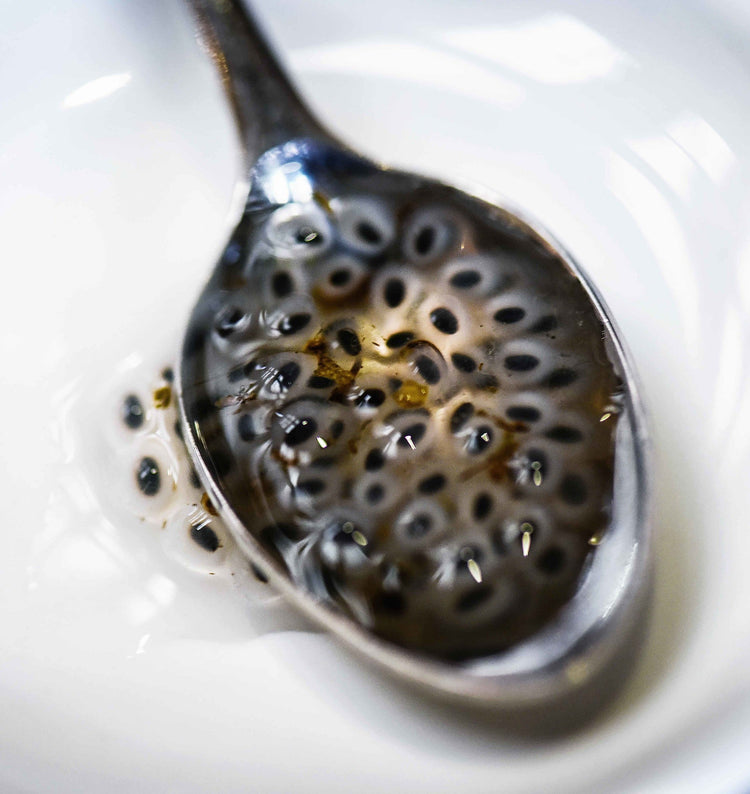
 Instagram
Instagram
12 Health Benefits of Mung Beans


Related products
Mung beans are part of the Leguminosae family and are amongst the most consumed legumes in Asia, gradually gaining popularity over the rest of the world due to their nutritional profile and associated health benefits. Traditionally, this has been a staple diet because of the following reasons: they are rich in essential nutrients like proteins, dietary fiber, vitamins, and minerals. Recent scientific investigations identify their potential role in the promotion of health and prevention of diseases; hence, they are one of the best options in diets that aim to improve nutritional status naturally. This review discusses the various benefits that mung beans provide for health, underpinned by expert views and evidence from research which suggest the value of this bean as a functional food in modern nutrition.
Health Benefits of Mung Beans
Mung beans are nutrient-dense food, which simply means they are rich in proteins, dietary fibre, vitamins, and minerals that provide ample health benefits. It keeps digestion in the right order, the richness in fibre maintains blood sugar levels in control, and it even helps in maintaining heart health by normalizing the pressure of blood and amount of cholesterol. Such antioxidant and anti-inflammatory actions, indeed, have improved immune function, ensuring protection against chronic diseases. High fiber and protein make them useful for weight management, too, because both increase satiety. Overall, mung bean is a versatile food which can be helpful for health improvement and the prevention of diseases.
1. Rich in Essential Nutrients
Mung beans form an excellent source of essential nutrients because a large amount of vitamins, minerals, and antioxidants are derived from these beans. According to Dr Emily Collins, a registered dietitian, "Mung beans are especially rich in folate, iron, magnesium, and vitamin B6, all of which have a critical role in different bodily functions, including the production of red blood cells and other aspects of immune function." A 100-gram serving contains about 7.02 milligrams of iron, fairly serviceable and enough to cover about 39% of the RDI in men and 20% in women, whereby mung beans are considered one of the available options for plant-based sources of iron. Therefore, in case one consumes it on a regular basis, deficiencies will be avoided, and it will help to maintain overall health.
2. Supports Healthy Digestive System
Mung beans are a rich source of dietary fibre that helps in the digestion of food properly. A study entitled the Journal of Food Science established that mung beans cooked, provide about 7.6 grams of fibre per 100 grams, hence contributing to better bowel habits and a reduced risk of some digestive disorders like constipation and diverticulosis. According to Dr Sarah Patel, a gastroenterologist, it can also help control blood sugar levels through the slowing down of the absorption of sugars due to the soluble fiber content in them and are, therefore, useful for people with insulin resistance or type 2 diabetes. In this regard, therefore, the mung bean will fall into multiple positions of importance: gastrointestinal health and metabolic stability.
3. Supportive of Heart Health
Cardiovascular diseases remain one of the most pervasive causes of morbidity and mortality throughout the world. Mung beans have been proven to support heart health through various mechanisms. They are low in levels of saturated fat and high in levels of potassium, an electrolyte known to regulate blood pressure. An American Journal of Clinical Nutrition meta-analysis reported that diets high in legumes, such as mung beans, reduced the risk of coronary heart disease by 22%. According to Dr Anthony Greene, a cardiologist: "The bioactive compounds, especially flavonoids and phenolic acids present in mung beans, exhibit antioxidant properties and anti-inflammatory effects, which help reduce the levels of oxidative stress and endothelial dysfunction that are important in the pathogenesis of atherosclerosis."
4. Helps in Managing Body Weight
The protein and fiber in mung beans can be very useful in providing a feeling of fullness and hence helpful in managing body weight. Nutrition Journal research reported that legumes containing high amounts of protein like mung beans also enhance satiety and therefore contribute to reduced overall food calorie intake. Mung beans have 14 grams of protein in each 100 grams of the cooked bean and will support muscle maintenance and repair, therefore being helpful for calorie-restricted dieting. According to the nutritionist Dr Fiona Martin, "The addition of mung beans in meals may help to control appetites and thereby essentially regulate the intake of energy for managing weight in a sustainable way."
5. Improves Immunity
Their nature of enhancing immunity is mainly attributed to the great amount of antioxidants that include vitamin C, flavonoids, and phenolic acids. Antioxidants in mung beans have been reported to neutralize free radicals, hence reducing the risks of chronic diseases and enhancing the human body's immune responses, according to the Journal of Medicinal Food. According to Dr James Thompson, an immunologist, "The vitamin C present in mung beans functions both as an antioxidant and promotes the formation and activity of white blood cells-both are important in effective immune response." This, therefore means that mung beans could be useful in formulating diets so as to improve immune responses.
6. Ensures Blood Sugar Levels
The low GI, being a rich amount of complex carbohydrate composition, makes mung beans very apt in cases of diabetes or insulin resistance. An extract of the mung bean was found to have produced a statistically significant effect on the reduction of postprandial blood glucose in patients with type 2 diabetes in a study conducted and published in the British Journal of Nutrition. The high fiber further delays glucose absorption, hence better and more stable blood sugar management. According to Dr Laura Bennett, a specialist in diabetes, "Mung beans could form part of a healthy diet to help manage blood glucose levels in the longer term, offering a natural nutritional solution to glycaemic control."
7. Reduces Inflammation
Most non-communicable diseases, like arthritis, cardiovascular diseases, and various cancers, have chronic inflammation as an underline condition. Maybe due to some bioactive compounds present in the bean, it has anti-inflammatory action-flavonoids and coumestrol. This is agreed upon by a study published in Food & Function in which mung bean extracts suppressed inflammatory markers and reduced oxidative stress in animal models. According to Dr Edward Parker, a specialist in inflammatory diseases, "Regular consumption of anti-inflammatory foods like mung beans is part of the strategy to reduce chronic inflammation and, therefore, the risk of inflammation-associated diseases."
8. Benefits Eye Health
Mung beans contain vital carotenoids such as lutein and zeaxanthin, which are associated with eye health, providing protection against age-related macular degeneration (AMD) and cataracts. The American Journal of Clinical Nutrition expounds that a high intake of such carotenoids reduces the chance of AMD by 40%. According to Dr Katherine Hughes, an ophthalmologist, "The antioxidants in mung beans help combat oxidative stress in the eyes, a major factor in the perpetuation of most eye conditions." Therefore, it is possible for mung beans to be able to help attain good eyesight.
9. May Help Lower Cholesterol Levels
Some of the major contributors to heart disease are bad cholesterol. Mung beans are believed to lower LDL or bad cholesterol that gives some cardiovascular benefits. One clinical research published in the journal Nutrition & Metabolism showed that those people who received mung bean protein presented significant reductions in total cholesterol and LDL-cholesterol levels. The soluble fibre and phytosterols within mung beans prevent the absorption of cholesterol in the intestines, which keeps blood cholesterol low and helps maintain the health of your heart," explains Dr Robert Andrews, a lipidologist.
10. Shows Antimicrobial Activity
The mung beans are rich in antimicrobial peptides, which according to studies, block the pathway of bacteria and fungi. A study appearing in the Journal of Agricultural and Food Chemistry indicated that mung bean peptides can actually exert activity against such common pathogens as Staphylococcus aureus and E. coli. To Dr Alice Wong, an infectious disease specialist, it is believed that "the antimicrobial properties of mung beans add functionality to their already nutritional profile and may contribute to preventing infections, particularly in populations with compromised immunity."
11. Supports Bone Health
Additionally, the beans contain several minerals that contribute to bone health, such as calcium, magnesium, and phosphorus. These minerals are important in retaining bone thickness and preventing osteoporosis, mainly in older people. The National Osteoporosis Society indicated that adequate levels of magnesium "help density build up in bones, with mung beans providing approximately 48 milligrams per 100 grams toward daily intake. Dr Margaret Davis, an expert in bone health, states, "Adding mung beans into one's diet can help to contribute to the maintenance of bones and possibly reduce the incidence of fractures, especially among elderly citizens."
12. Benefits to Skin Health
Antioxidant and anti-inflammatory effects of mung beans also extend to skin health. They are used in traditional medicine for soothing skin disorders such as acne and eczema. Some mung bean extracts have been shown to cut down on skin inflammation and aid in wound healing, according to the Journal of Clinical and Aesthetic Dermatology. According to Dr Olivia Clark, a dermatologist, "The bioactive elements present in mung beans, such as flavonoids and polyphenols, help in the fight against skin inflammation and oxidative damage, commonly associated with premature aging and cutaneous disorders." This places mung beans favourably for skin health in diets.

People Also Ask
What are mung beans called in UK?
In the UK, they are less commonly referred to as "mung beans" but at times "green gram."
Are mung beans good for you?
Yes, mung beans are nutritious because they are packed with protein, fibre, vitamins, and minerals that bestow the health benefits associated with enhancing digestion, heart health, and blood sugar levels.
What is the best way to eat mung beans?
Mung beans are best prepared and cooked into soups, stews, salads, and stir-fries. They are also a good base for sprouts that can be used in salads and sandwiches because of their added nutritional value.
Are mung beans healthier than chickpeas?
Both mung beans and chickpeas are healthy, though they slightly differ in their health purposes. Mung beans are a bit lighter because they contain fewer calories and a bit more fiber. They also have some vitamins in larger quantities compared to chickpeas. Chickpeas, in turn, are richer in some minerals and contain more protein, so that depends on what your nutrition goals are.















 Rated Excellent by 26,523+ Reviews
Rated Excellent by 26,523+ Reviews